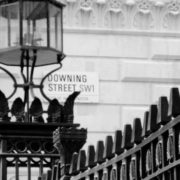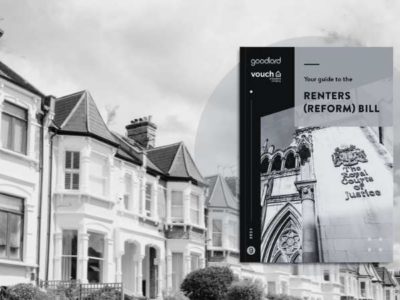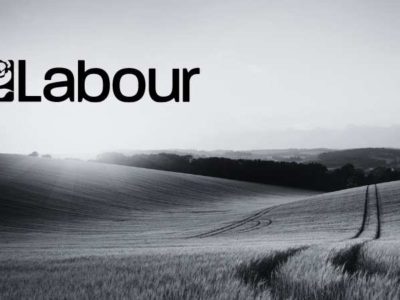While annual house price growth remained negative in April at -2.7%, there were tentative signs of a recovery with prices rising by 0.5% during the month (after taking account of seasonal effects).
April’s monthly increase follows seven consecutive declines and leaves prices 4% below their August 2022 peak.
Recent Bank of England data suggests that housing market activity remained subdued in the opening months of 2023, with the number of mortgages approved for house purchase in February nearly 40% below the level prevailing a year ago, and around a third lower than pre-pandemic levels.
However, in recent months industry data on mortgage applications point to signs of a pickup.
This also chimes with the recent shifts in consumer sentiment.
While confidence remains subdued by historic standards, people’s views of their own financial position over the next twelve months, and general economic conditions in the year ahead, have both improved markedly in recent months.
If inflation falls sharply in the second half of the year, as most analysts expect, this would likely further bolster sentiment, especially if labour market conditions remain strong, comments Robert Gardner, Nationwide’s Chief Economist.
Gardner continued, this, in turn, would also be likely to support a modest recovery in housing market activity.
But any upturn is likely to remain fairly pedestrian, as it will take time for household finances to recover, since average earnings have been failing to keep pace with inflation, and by a wide margin over the last few years.
Mortgage interest rates are also likely to act as a headwind.
While they are well below the highs seen in the wake of the mini-Budget last year, rates are still more than double the level prevailing a year ago.
Nevertheless, if gains in nominal incomes remain solid (wage growth has been running at above 7% in the private sector), this, together with weak or declining house prices, will help improve housing affordability over time, especially if mortgage rates continue to trend lower.
| Headlines | Apr-23 | Mar-23 |
|---|---|---|
| Monthly Index* | 518.7 | 516.3 |
| Monthly Change* | -0.5% | -0.7% |
| Annual Change | -2.7% | -3.1% |
| Average Price(not seasonally adjusted) | £260,441 | £257,122 |
Tom Bill, head of UK residential research at Knight Frank, comments:
“The reverberations from the mini-Budget that shook the UK property market are fading.
Price declines are bottoming out and many buyers have accepted the new normal for mortgage rates as stability returns to the lending market.
Boosted by savings accumulated during the pandemic, record levels of housing equity and a strong jobs market, activity has been solid without being spectacular this year.
Supply is rising, which will increase downwards pressure on prices but the market is returning to earth rather than falling off a cliff.
Properties that tick all the right boxes will hold their value but some of the pandemic froth has disappeared so asking prices will come under pressure.
After a general election, successive lockdowns, a stamp duty holiday and the mini-Budget, the UK housing market should have its most predictable year since 2018.
However, we don’t expect widespread standoffs over price because of lingering economic uncertainty and a growing realisation that next year’s general election may shake things up again. Switched-on buyers and sellers are acting now while things are relatively uneventful.
Jeremy Leaf, north London estate agent and a former RICS residential chairman, comments:
“This generally reliable survey, though only based on Nationwide’s own customers’ experiences, reveals house prices are holding up well despite continuing worries about mortgages and inflation.
Not only are lenders being cautious, buyers are also ensuring they have sufficient resources, not only to cover repayment, improvement and other costs, as well as getting the best property deal they can before taking the plunge.”
Mark Harris, chief executive of mortgage broker SPF Private Clients, comments:
“Average property prices fell again in April but not as far as in March as the spring market gets into gear and buyers and sellers start to see an end in sight with regard to high inflation and interest rates.
Swap rates, which underpin the pricing of fixed-rate mortgages, have risen again on the back of short-term volatility.
However, lenders continue to reduce their fixed rates, albeit at a slower pace than before, with bigger reductions seen on higher loan-to-value mortgages as they try to attract first-time buyers.”
Tomer Aboody, director of property lender MT Finance, comments:
“As confidence shifts slightly into more positive territory, this is reflected in the modest growth in prices in April.
With interest rates looking to hopefully stabilise and with the prime minister’s ambitious plan to cut inflation in half by the end of the year, buyers are finally making their move after months of waiting and stalling.
More transactions are definitely needed for the overall strength of the housing market, however, which may require further intervention from the government in the form of restructuring stamp duty.”





















Comments